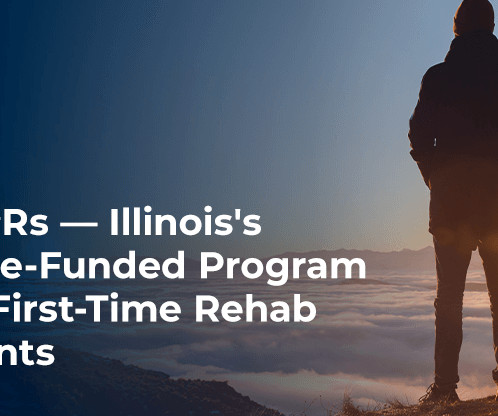Maternal Mental Health Matters: A Neglected but Vital Issue
Relias
JANUARY 23, 2024
Maternal mental health disorders can have serious consequences, such as impaired mother-infant bonding, poor child development, and increased risk of death from suicide or other causes. The EPDS can also detect other mental disorders, such as anxiety, bipolar disorder, and post-traumatic stress disorder.












Let's personalize your content